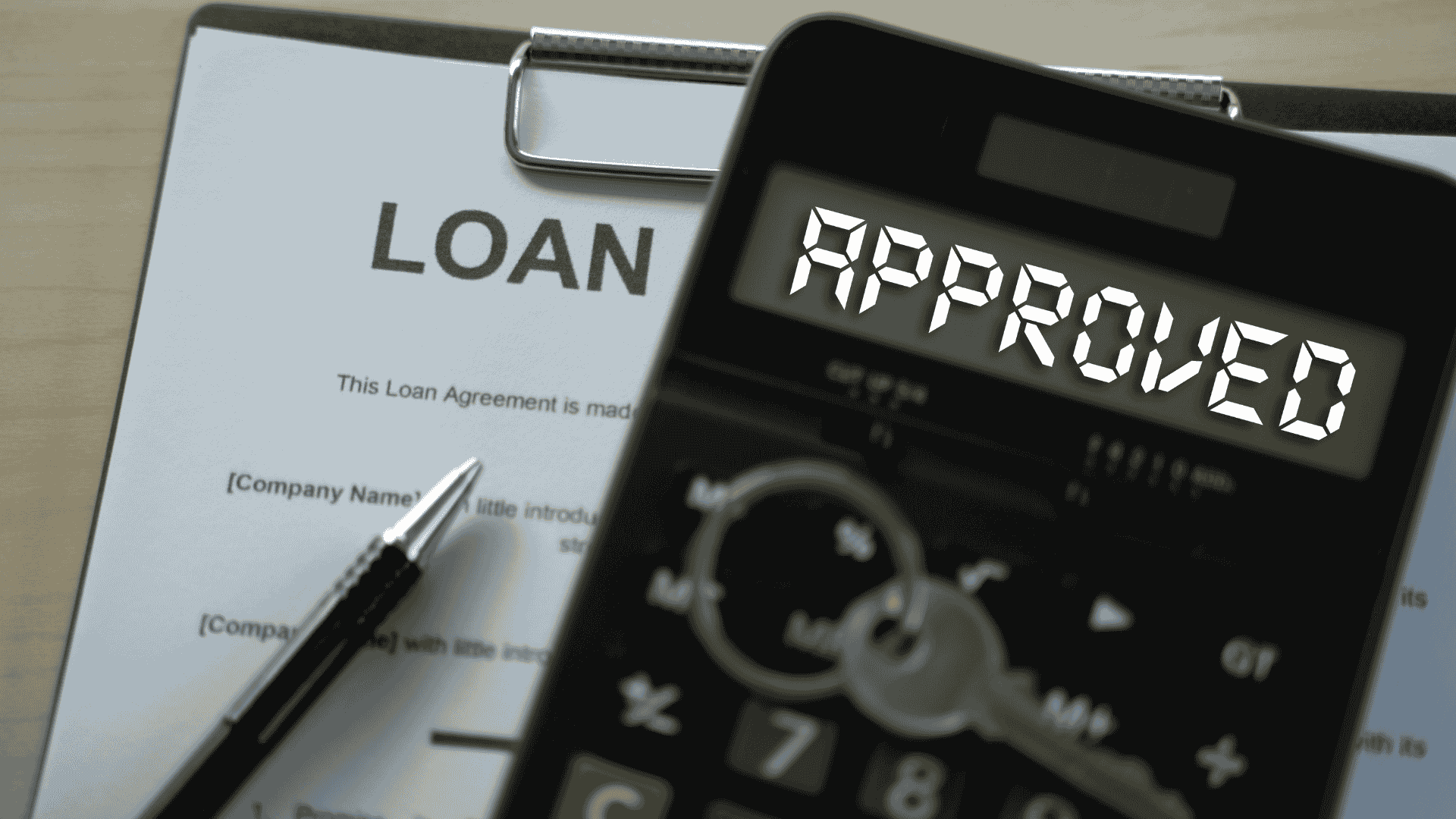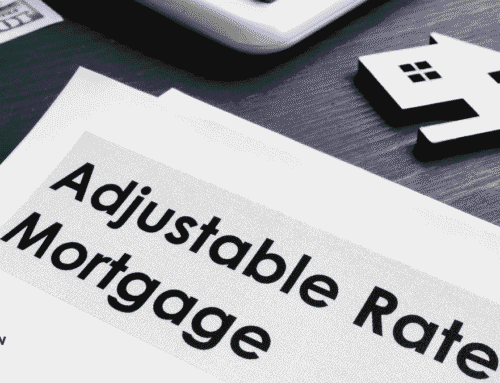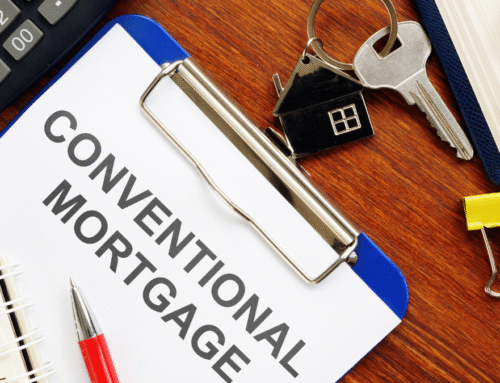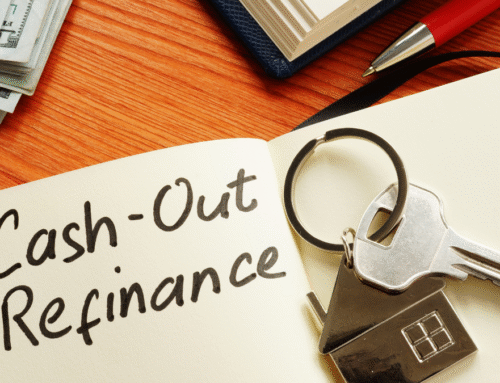Foreign National DSCR Loan Guide: Get Approved in 2025
Foreign National DSCR Loans: Your Gateway to Easy and Profitable U.S. Real Estate Investment
Updated:
For international investors like me and my clients, the U.S. real estate market offers exceptional opportunities to grow our wealth. However, navigating the U.S. mortgage landscape as a foreigner can be challenging. That’s where the foreign national DSCR loan comes in. I’ve used DSCR loans to purchase over 120 rental properties in the USA as a foreigner (British). In this guide, I’ll walk you through the entire process, from understanding what these loans are, to the specific requirements and how to find the right lender. Consider this your roadmap to financing your U.S. rental property, no matter where you call home.
Table of Contents
- What is a Foreign National DSCR Loan?
- The DSCR Advantage for Non-Residents
- Key Requirements for Foreign National DSCR Loans
- A Step-by-Step Guide to Getting Approved
- Foreign National DSCR Loan Rates and Terms
- Finding the Right Foreign National DSCR Lender
- Final Thoughts
- Common Questions from Foreign Investors
What is a Foreign National DSCR Loan?
As you might have learned from my other articles, a DSCR loan is an asset-based loan. This means lenders qualify the loan based on the property’s ability to generate enough income to cover the mortgage payment (including property taxes and insurance). Unlike a traditional foreign national mortgage that looks at your personal income and assets, a DSCR loan is approved based on the property’s rental income (review DSCR loan vs conventional loan). For foreigners buying property in the U.S., this is an absolute game-changer. It means you don’t need a U.S. social security number, a U.S. credit history, or verifiable U.S. income to qualify.
The key metric you need to know about is the Debt Service Coverage Ratio (DSCR). This ratio compares the property’s gross rental income to the total monthly mortgage payments. For example, if a property’s monthly rental income is $2,000 and the total monthly mortgage payment (principal, interest, taxes, and insurance) is $1,600, the DSCR is 1.25 ($2,000 / $1,600). DSCR lenders typically look for a DSCR of 1.25 or higher, as it shows the property generates enough cash flow to cover the mortgage with a margin of safety.
If you want to work out the DSCR ratio for any property, you can use my free DSCR loan calculator. It’ll give you a lot more than just the DSCR, including estimated closing costs, and there’s a free DSCR loan rate calculator, and DSCR cash out refinance calculator on that page too.
The DSCR Advantage for Foreign Nationals
DSCR loans have been a godsend for me. As a foreigner, I don’t have a U.S. social security number, or credit score. My taxable income in the U.S. is also very low because I make lots of deductions when I file my U.S. tax return (real estate is VERY tax efficient in the USA). That makes it very difficult for me to qualify for a conventional mortgage.
Because DSCR loan qualify using rental property income, I can use this type of financing to qualify. I can also get as many DSCR loans as I need (I have about $3.2 million right now), because there is no debt-to-income limitation.
As a foreigner, using a DSCR loan means you can bypass these limitations and challenges, and start building your US rental property portfolio from overseas using the bank’s money.
Key Requirements for Foreign National DSCR Loans
While DSCR loans are much more flexible than conventional loans, foreign investors still need to meet specific requirements. You won’t need to provide U.S. tax returns or W-2s, but you will need to prove your identity, show you have enough funds to cover the down payment, closing costs, and cash reserves, and meet some other basic criteria.
Here’s a breakdown of the typical requirements:
1. The Property: You can get a pre-approval for a foreign national DSCR loan with just a few basic property details (address, property taxes, insurance amount, and rent). When it comes to your full application, the lender will get an independent appraisal to determine the market value and projected rental income.
2. Identification: All lenders will need to verify who you are. This typically requires a copy of your passport or other government I.D.
- KYC/AML: Be ready for enhanced KYC (passport, address verification, potentially bank letters) and OFAC checks; this can affect timelines.
3. Taxpayer Identification Number (ITIN or EIN): If you are buying the property in your own name, you will need an International Taxpayer Identification Number (ITIN). If you are buying your property with a U.S. LLC, LLP, Corporation, or Trust, you will need an Employer Identification Number (EIN), along with the other corporate documents relating to your U.S. entity.
4. Down Payment and Liquidity: You will need to show the lender that you have enough money in the bank to cover the down payment, closing costs, and a certain number of months of loan payments (typically 3 to 9 months).
- Source-of-Funds & Seasoning: Some lenders require that down payment/reserves are seasoned (e.g., 60–90 days in your U.S. account) and traceable.
5. A U.S. Bank Account: You will need a U.S. bank account in your name or in your LLC’s name to receive the funds and make your mortgage payments. This is a simple requirement but an essential one to have in place. I see a lot of foreign investors trip up at this stage because opening a U.S. bank account can be trickier than you might imagine.
If you want some help setting up your U.S. investment structure, bank account, or finding a DSCR lender with a foreign national loan program, you can book a free no obligation call with me or a member of my team.
VIP PRIORITY INVESTOR LIST
Get the Best DSCR Loan Deals and Off-Market DSCR-Ready Investment Properties in Your Inbox Every WeekYES! ADD ME TO THE PRIORITY INVESTOR LIST
A Step-by-Step Guide to Getting a Foreign National DSCR Loan
The process of getting a foreign national DSCR loan is not much different from the process for a U.S. citizen. In my experience, the key is to have your documents in order and to work with a lender who has a solid foreign national program. By following these steps, you can make the process smooth and efficient.
- Get Your Documents in Order: Before you even start looking at properties, have your financial documents and personal information ready. This includes your passport, visa (if you have one), and recent bank statements showing your down payment and cash reserves.
- Find a Specialized Lender: Not all DSCR lenders work with foreign nationals. You need to find a lender who specializes in this niche. If you’d like work directly with my team, you can book a call here.
- Get Pre-Approved: Just as with any other loan, you’ll want to get pre-approved. Having a pre-approval in hand makes the job of negotiating with sellers so much easier! The lender will review the basic information about the property (address, purchase price, property taxes, insurance amount, HOA fees, and rent amount), and give you a preliminary approval for a specific loan amount. To learn more, you can check our my DSCR pre-approval checklist.
- Make an Offer: With your pre-approval in hand, you can confidently make an offer on the rental property you want to buy. When your offer is accepted, your lender will move forward with a formal application.
- Underwriting and Closing: Once you have a signed purchase agreement, the lender’s underwriting team will review all of your documentation and the property’s appraisal. After all conditions are met, you can proceed to closing. I close on all my properties remotely, so I don’t have to visit the U.S. to sign documents.
Pro Tip: One thing to bear in mind – there are a lot of bad DSCR brokers, lenders, and outright scams out there. Make sure you work with a broker or lender that is properly licensed on the NMLS, never pay any fees directly to your lender upfront, and always confirm bank wire details verbally over the phone, not by email.
Foreign National DSCR Loan Rates and Terms
You might be wondering if a foreign investor like you can get the same DSCR loan rates as a U.S. citizen. The short answer is: almost. DSCR loan rates and terms for foreign nationals can be a little different, but they are still extremely competitive and often a much better option than a cash purchase.
Here’s what you need to know:
- Interest Rates: In my experience, foreign national DSCR loan rates are typically about 0.25% to 1.5% higher than what a U.S. resident would get. This difference is largely due to the perceived risk of lending to someone who is not a U.S. citizen and who does not have a U.S. credit history. This month (August 2025), I’m seeing my deals close with rates of 7%, which is more than good enough for my cashflow requirements.
- Fixed Rates: The most common terms for foreign national DSCR loans are 15-year fixed rate loans, and 30-year fixed rate loans.
- Adjustable Rates (ARM): There are also adjustable rate DSCR mortgages (ARM). This is where the interest rate is fixed for a short period, then reverts to a rate that adjusts every year or every six months. For example, a 5/6 ARM mortgage has a 5-year fixed rate, and a 6-monthly adjusting rate thereafter. The fixed rate period on an ARM DSCR loan tends to be lower than a 15 or 30-year fixed rate. Check out my guide: Fixed Rate DSCR vs ARM Mortgages.
- Interest Only: Interest only (IO) DSCR loans tend to have an interest only period of 10 years, then revert to a principal and interest amortised loan for a further 30 years (40 years total). You might consider an interest only DSCR loan to improve the cashflow from your rental property, or to improve the DSCR ratio to help a property qualify for a loan.
- Down Payment and Loan to Value: Lenders often require a higher down payment for foreign nationals, usually in the 25% to 30% range. This higher down payment helps to offset the lender’s risk and can sometimes help you secure a better interest rate. I know I can definitely secure a 75% loan to value DSCR loans if I have a decent property and the loan size is higher than $100,000.
- Prepayment Penalties: You may encounter a prepayment penalty with a DSCR loan. This is a fee you pay if you pay off the loan early. They are not always included, but they can be a factor.
- Points: Points are upfront interest payments that you pay at closing. Paying points can reduce the interest rate you pay for the term of the loan. This can be good idea if you need to improve you cashflow and you intend to hold the property for a long time. The interest savings over time tend to heavily outweigh the cost of the points.
If you want to see exactly how the number play out, you can review the details of an actual deal we funded with a DSCR loan for one of my Canadian clients in my DSCR loan case study.
Note: The terms for a DSCR cash out refinance are typically a little different than purchase loans or simple rate/term refinance loans. If you’re looking for a DSCR cash out refinance, I recommend reading my guide: DSCR Cash Out Refinance Loans.
| Factor | Typical Range / Notes |
|---|---|
| DSCR Threshold | ~1.00 to 1.25×+ (program & property type dependent) |
| Max LTV (Purchase) | ~70 to 75% common; stronger applications may vary |
| Cash-Out LTV | Typically lower than purchase (e.g., ~60 to 70%) |
| Reserves | ~6–12 months PITIA (varies by risk tier and loan size) |
| Min Loan Size | Often $75k to $100k+ (lender specific) |
| Eligible Properties | 1–4 units, condos/townhomes; STRs and 5+ units per program |
| Rate Drivers | DSCR level, LTV, loan size, prepay, property type |
| Prepayment | Common: 3 to 5 years step-down (e.g., 5-4-3-2-1 or 3-2-1) |
Note: Ranges vary by lender, state, program, and market conditions.
Finding the Right Foreign National DSCR Lender
I cannot stress enough the value of working with a good broker (or lender). Not all lenders work with foreign nationals, and even among those who do, their programs can vary significantly. I’ve had some pretty awful experiences over the years, so I’d advise you to find a lender who not only understands the nuances of foreign national lending but also has a track record of successfully funding these types of deals. I have spent many years building relationships with the best DSCR lenders in the market, so if you’d like to work with my team directly, you can book a call here.
Final Thoughts: Your Path to U.S. Real Estate Investment Success
Foreign national DSCR loans have enabled me to scale my U.S. rental property portfolio to over 120 doors. I’ve used these loans to purchase new properties, as well as refinance existing properties to grow my portfolio. By preparing your documents in advance, understanding the key factors lenders look for, and working with a specialized lender, you can use these mortgages to build your own profitable rental property portfolio in the USA.
GET PRE-APPROVED FOR THE BEST DSCR LOAN RATE
Start your real estate investment journey today, and get pre-approved for the Best DSCR Loan Interest Rates from market leading lenders!
“Having personally invested in over 120 US rental properties from overseas, I know the true value of getting the right advice and support.
David Garner – Cashflow Rentals

GET PRE-APPROVED FOR THE BEST DSCR LOAN INTEREST RATES TODAY!
Start your real estate investment journey today get pre-approved for the best DSCR loan interest rates from market leading lenders!
“Having personally invested in over 120 US rental properties from overseas, I know the true value of getting the right advice and support.
David Garner – Cashflow Rentals
Common Foreign National DSCR Loan Questions
Can a foreign national qualify for a DSCR loan without U.S. credit?
Yes. Many lenders will underwrite a DSCR loan for non-U.S. residents using a passport (and sometimes an ITIN) plus alternative credit and banking history. Expect tighter overlays—pricing premiums, larger reserves, and lower max LTV than U.S.-resident files. Entity vesting (LLC) is often allowed with a personal guarantee and standard KYC/OFAC checks.
What down payment and reserves do foreign nationals typically need for a DSCR loan?
Typical purchase LTV caps are ~70–75% for foreign-national DSCR; cash-out is usually lower (often ~60–70%). Reserves commonly range from ~6–12 months of PITIA, with higher requirements for larger loans, short-term rentals, or 5+ unit properties. To check if a target property clears the DSCR threshold, run the numbers in my DSCR calculator.
Are short-term rentals and multi-unit properties eligible under foreign-national DSCR?
Often yes. Many programs allow 1–4 units and condos, and a subset will permit short-term rentals if the market supports the income and the appraiser or lender accepts the methodology; some lenders also offer options for 5+ units. Eligibility, DSCR calculation method, and pricing vary by lender and state.
Do I need an ITIN or can I close in an LLC as a foreign investor?
An ITIN isn’t always required, but it helps with taxes and some lenders prefer it; others will accept a passport and foreign documentation. Closing in an LLC is frequently allowed for DSCR loans, usually with a personal guarantee and an EIN for the entity. Expect standard KYC/AML reviews and document translation/verification where applicable.












